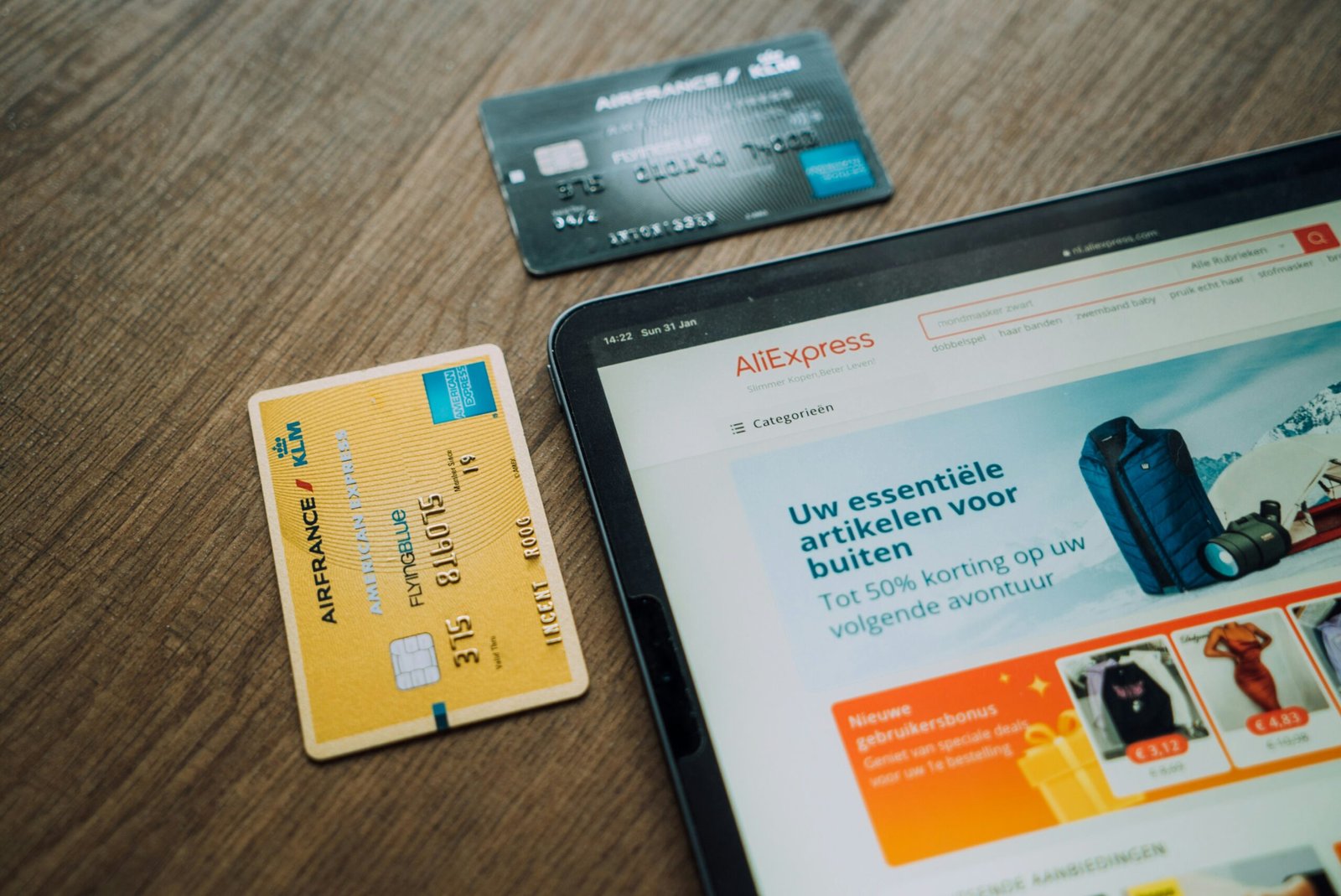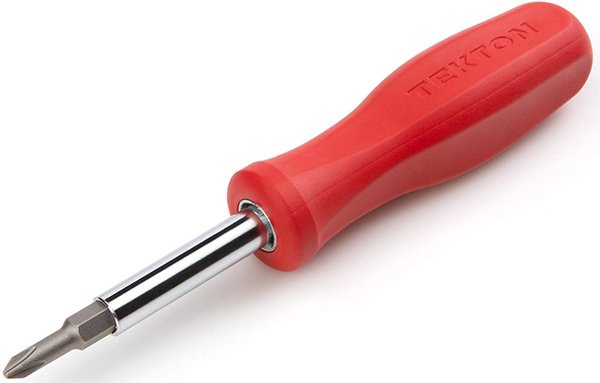Overview of Visa Types and Requirements
For those planning to visit or move to the Netherlands, understanding the various visa types and their respective requirements is essential. The Dutch visa system is designed to cater to a range of purposes, from short-term stays for tourism or business to long-term residence for study, work, or family reunification.
Short-Term Visas
Short-term visas, generally valid for up to 90 days, are suitable for tourists and business travelers. The Schengen visa is the most common type for short stays, allowing travel within the Schengen Area, which includes the Netherlands and 25 other European countries. Applicants must provide a valid passport, a completed visa application form, travel insurance, proof of sufficient financial means, and a detailed travel itinerary, among other documents. The application process typically involves submitting these documents to a Dutch consulate or embassy.

Long-Term Visas
For those considering a longer stay, several visa options are available:
Student Visas: Individuals accepted into a recognized Dutch educational institution can apply for a student visa. Requirements include proof of admission, financial means to support oneself, and health insurance. The application is usually processed through the educational institution in collaboration with the Dutch Immigration and Naturalisation Service (IND).
Work Visas: Various work visas exist, depending on the nature of employment. Highly skilled migrants, entrepreneurs, and intra-company transferees require different documentation, such as employment contracts, proof of qualifications, and employer sponsorship. The IND evaluates these applications based on specific eligibility criteria.
Family Reunification Visas: Individuals with family members legally residing in the Netherlands can apply for a family reunification visa. Necessary documents include proof of family relationship, financial stability, and adequate housing. The IND assesses these applications to ensure compliance with Dutch immigration laws.
The Dutch Immigration and Naturalisation Service (IND) plays a crucial role in processing visa applications. It ensures that applicants meet all the necessary criteria and that the documentation provided is accurate and complete. Understanding the IND’s requirements and processes can significantly enhance the chances of a successful visa application.
Immigration Policies and Procedures
Moving to the Netherlands involves a comprehensive understanding of its immigration policies and procedures. One of the first steps is obtaining a residence permit, a process that encompasses several critical stages. Initially, applicants need to determine the type of residence permit that aligns with their purpose of stay, whether it be for work, study, or family reunification. The application process usually begins with submitting an application form along with the necessary documents, such as a valid passport, proof of sufficient financial means, and, in some cases, a criminal background check.
The timelines for processing residence permits can vary significantly, depending on the type of permit being applied for. Temporary residence permits, which are often issued for purposes such as employment or education, generally have shorter processing times compared to permanent residence permits. Permanent residency offers more stability but requires applicants to have lived in the Netherlands for an extended period, usually five years, and to meet additional criteria such as language proficiency and integration exams.
Employment in the Netherlands is governed by specific regulations, including the necessity of obtaining a work permit. The Dutch highly skilled migrant program is particularly notable, designed to attract talented professionals to the country. Under this program, employers can hire non-EU citizens without the need for a separate work permit, provided they meet certain salary thresholds and other conditions. This facilitates a smoother immigration process for highly qualified individuals.
Immigrants in the Netherlands are entitled to various rights and are subject to certain obligations. Access to healthcare is available through the Dutch health insurance system, which is mandatory for all residents. Educational opportunities are also accessible, with compulsory education for children up to a certain age. Furthermore, immigrants are integrated into the Dutch social security system, which provides benefits such as unemployment insurance and pensions.
The Dutch government, alongside agencies like the Immigration and Naturalisation Service (IND), plays a crucial role in managing immigration. Recent changes to immigration policies often reflect the evolving socio-economic landscape and aim to balance the needs of the labor market with the country’s capacity to integrate newcomers. Staying informed about these updates is essential for prospective immigrants to navigate the system effectively.
Do you need help in the Netherlands? contact












Envato Elements Group Buy has transformed my creative process!
Accessing a myriad of design resources at a discounted cost is
an exciting change. This type of collaboration makes high-end
designs accessible and perfect for creative projects.
Highly recommend anyone who wants to elevate their work without breaking the budget!
[…] droom van een beter leven. En terwijl ze haar ogen sloot om uit te rusten, hield ze vast aan de hoop die haar zo ver had gebracht. meer verhalen kan je hier […]